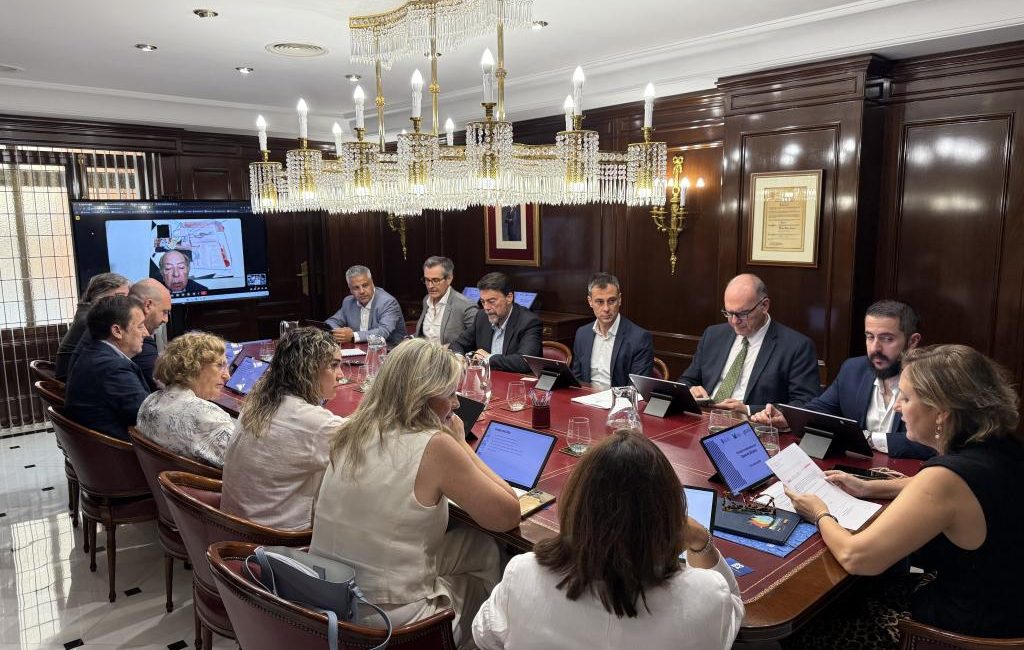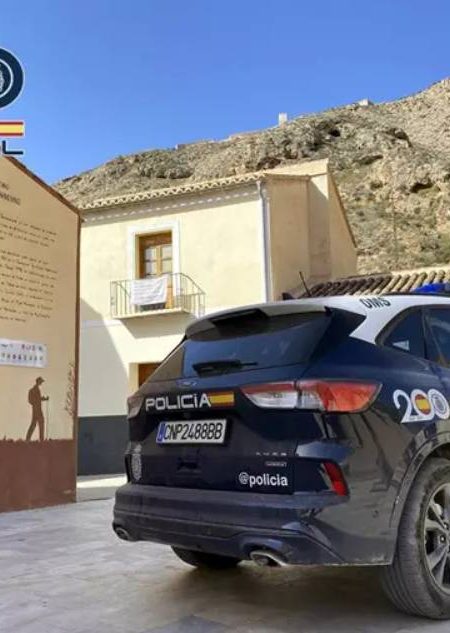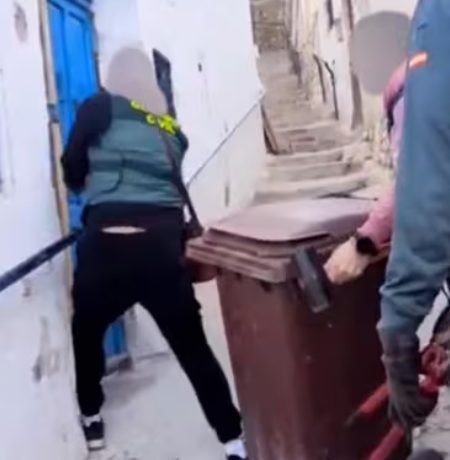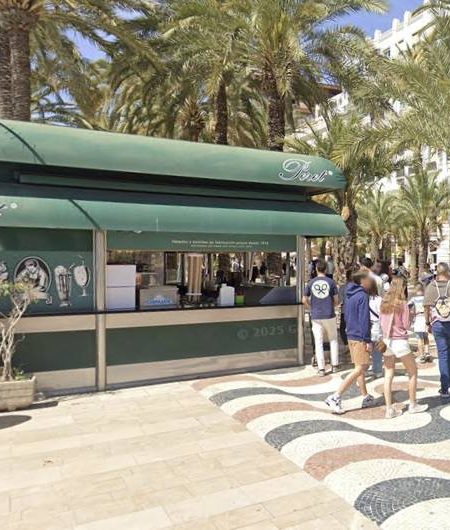According to municipal sources in a statement, the installation of 22 chilled water dispensers in Alicante has prevented the use of 282,432 plastic bottles in the last year. This announcement was made on Friday, June 13th, at the second board meeting of Aguas Municipalizadas de Alicante (AMAEM) for 2025, which was attended by the Mayor, Luis Barcala, and members of the municipal council.
The accomplishment was made evident at this Friday’s council meeting, where details of the project, which has been underway for the past year, were given. This programme, supported by Aguas de Alicante and the City Council following an agreement between the ruling team and the Vox group, began in July 2024 with Phase I – Pilot Project, which included the installation of six pumps in high-traffic areas over the summer.
The initiative continued with Phases II and III, each with seven and nine additional pumps, with the goals of making tap water available to citizens and tourists in highly frequented public spaces, providing social value by making the city more user-friendly, facilitating tap water consumption as a healthy beverage, and reducing waste generation through container refilling.
Since its launch, 22 have been distributed throughout the city, from the most central and tourist areas to neighbourhoods on the outskirts, sporting areas, and the island of Tabarca. As of May 31st, 2025, it had resulted in the avoidance of 282,432 plastic water bottles.
Water Reuse in Alicante
Similarly, as part of “the efforts that the city and Aguas de Alicante are making to progressively increase water reuse in Alicante, with the objectives of environmental protection, the city’s sustainability, and efficient use of water resources,” the governing body has highlighted, first and foremost, the SIGAR Project, as part of actions related to the PERTE (Water Digitalisation Program) obtained by the city in the second round of these funds. This Intelligent Reclaimed Water Management System will cost 181,000 euros and will include a risk management module (the implementation of health risk management plans for reclaimed water) as well as an information system (forecasting the quality and quantity of reclaimed water using Artificial Intelligence for end users).
The extension of the recovered water network at Avenida Lorenzo Carbonell has been emphasised as part of Alicante’s planned reuse projects and the Special Investment Plan. With a 30-week execution timeframe and a €422,831.88 budget, this project aims to extend the arterial reclaimed water network, strengthening supply to the city’s shoreline fed by the Rincón de León WWTP, improving supply security, and increasing network capacity. The project to extend the reclaimed water network along Vía Parque between Avenida Jaime I and Parque PAU 1 would cost €885,997.61.
According to the same sources, another notable project has been completed in the city’s recently completed projects, including improvements to the San Gabriel wastewater pumping station; renovation of wastewater collectors in Joan Fuster Park to improve the structure and reduce conductivity at the Rincón de León WWTP; the solids and floating debris retention chamber in the Cocó WWTP overflow pipe, digesters 3 and 4, and complementary installations to reduce odours at the
Sixteenth Sustainability Report
Finally, Aguas de Alicante submitted its Sustainability Report for the fiscal year 2024, the sixteenth in a row. Aguas de Alicante’s Sustainability Report was created in accordance with the GRI standard (a Global Reporting Initiative metric that defines a company’s impact and reflects social, environmental, and economic aspects), and its auditing entity certifies that it provides a fair and balanced representation of the company’s economic, social, and environmental performance.
On the environmental front, the document highlights the use of 100% renewable power and the 3.58 MWh of renewable energy created; in the water sector, the network’s average technical efficiency of 86.71% and the inspection of 169.73 km of sewerage network. The circular economy focuses on the 100% recovery of sewage sludge and the recovery of 30,858 tonnes of contractor trash. It also mentions the €520,000 investment in R&D&I.









No Comment! Be the first one.